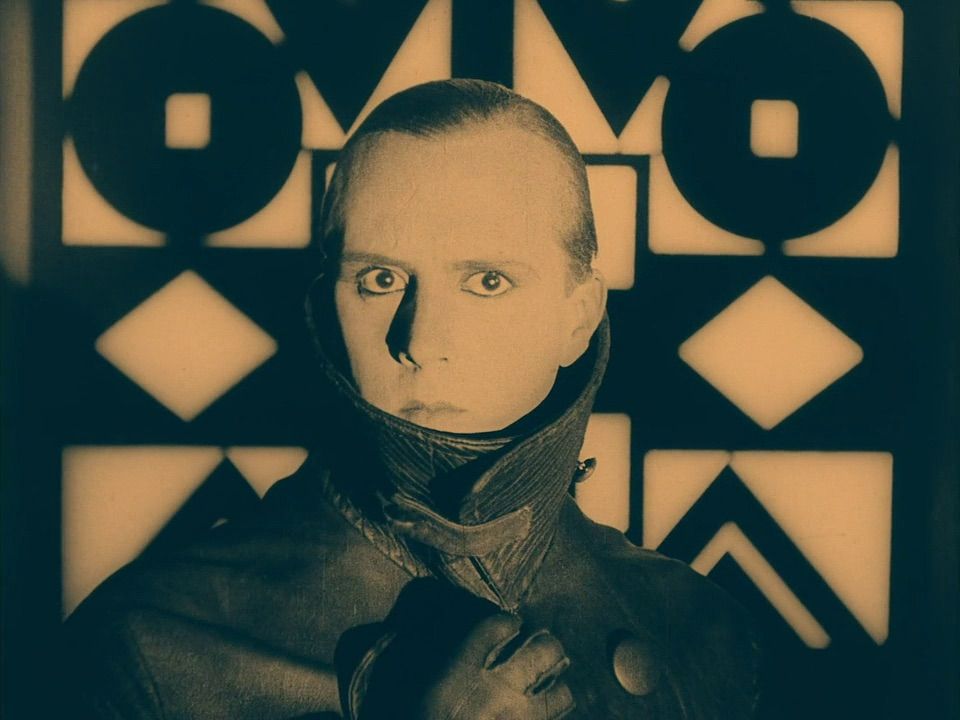https://paper.li/e-1437691924
On October 4, 1923, the American composer George Antheil made his highly anticipated Paris debut at the Champs Elysées Theatre, in front of a rioting audience. A few minutes into the recital the crowd became unsettled; members of the audience started to protest the offensive nature of the music, others jumped to the musician’s defence, and before long the house was out of control. Unbeknownst to Antheil, the riot was in fact staged by his friends Marcel L’Herbier and Georgette Leblanc, who needed to film just such a scene for their upcoming movie, The Inhuman Woman. The ruse would only be revealed to him about a year after the incident. As he recalls:
I went to see a movie called L’Inhumaine, featuring Georgette LeBlanc. In this silent movie (still preserved by our New York Museum of Modern Art) you can if you wish see a vast rioting public… However, most curiously, this riot is no fake one. It is an actual riot, the same riot through which I played and lived that night. [1]
Antheil took the manipulative stunt well, recognizing that the disturbance made for great publicity, and that it served his reputation as an enfant terrible, a self-styled “bad boy” of contemporary music:
